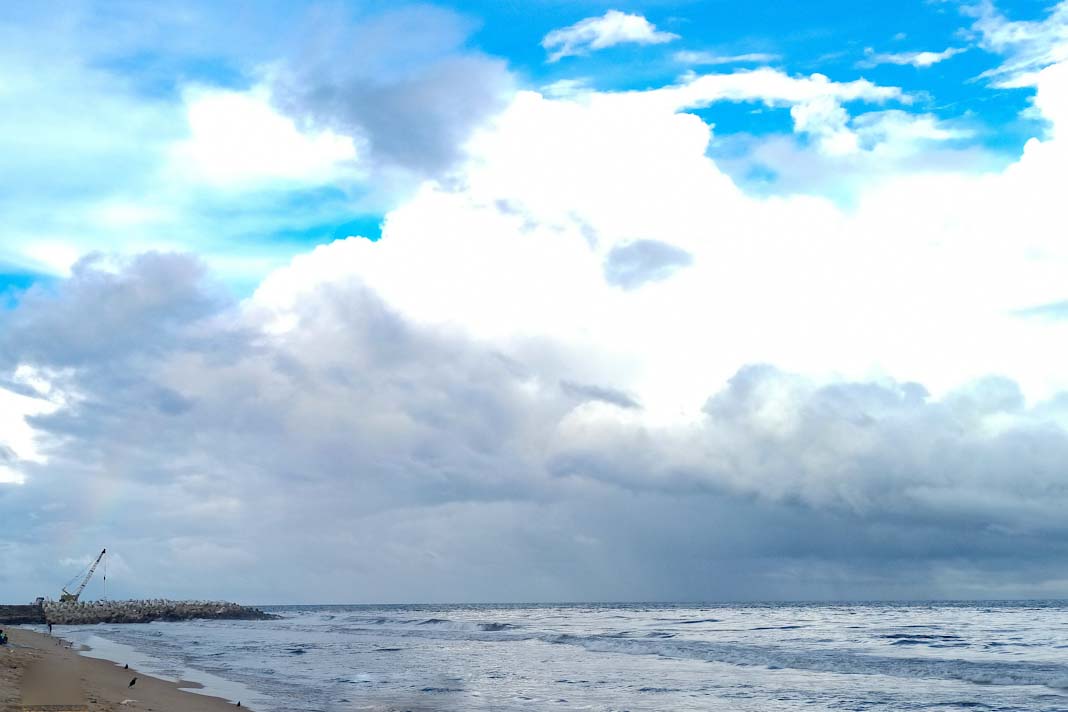- Ongoing Houthi attacks on commercial ships in the Red Sea have led to a significant surge in shipping insurance rates.
- The conflict, initiated by Iran-backed Houthis targeting vessels associated with Israel or heading to its ports, has intensified risks for maritime operations.
- Insurance premiums, particularly war risk premiums, have multiplied, affecting vessels and cargo crossing the Red Sea.
- The increased costs and rerouting of ships are influencing global trade routes, posing economic challenges for the shipping industry.
Houthi Attacks Escalate Risks
Continuous attacks by Houthi rebels on commercial ships in the Red Sea are contributing to a notable increase in shipping insurance rates. The conflict, ongoing since November 19, specifically targets vessels suspected of having links to Israel or those en route to its ports. The heightened risks associated with maritime operations have prompted adjustments in insurance premiums.
Impact on Global Trade Routes
The Red Sea, a critical route handling approximately 12-15% of global trade, has witnessed a 30% drop in container shipping within a year, according to the International Monetary Fund (IMF). The persistent Houthi attacks are disrupting maritime operations and influencing the economic dynamics of the region.
Insurance Premium Surge
Frederic Denefle, head of Garex, a French firm specializing in marine risk insurance, notes a significant increase in premiums for ships and their cargos in response to the heightened threat level. The Red Sea being a Listed Area requires vessels to notify insurers, who may impose an additional war premium on top of standard coverage for vessels planning to enter.
War Premium Challenges
The war premium, although limited to a short period, has seen a notable surge. Claire Hamonic, General Manager of Ascoma International, mentions that war insurance premiums have multiplied by five to ten times for vessels and cargo traversing the Red Sea. The current war risk premium ranges between 0.6% and 1.0% of the value of the ship.
Global Economic Implications
The impact of increased insurance rates and rerouting of ships around the Cape of Good Hope, to avoid the Red Sea, is influencing the cost of shipping. The diversion could potentially lead to a resurgence in piracy in the Indian Ocean, warns Hamonic. The extended travel times and rising shipping costs are affecting global trade routes, adding economic challenges for shipping companies and potentially contributing to inflationary pressures.
Analyst Insights
Moody’s Investors Services analysts acknowledge that the attacks on merchant vessels in the Red Sea have caused delays and increased shipping costs. However, they highlight that soft demand and sufficient ship availability are mitigating the impact on inflation. Analysts anticipate that the effects on inflation are not significant, as diversions are primarily influenced by the ongoing conflict rather than demand-driven factors.
Normalization Expectations
Shipping experts expect the increased shipping costs to normalize over time. The current surge in rates, particularly for vessels and oil tankers, is seen as a reaction to the immediate impact of the Houthi attacks. The normalization process is crucial for stabilizing global trade and addressing the economic challenges posed by the Red Sea conflict.
Did you subscribe to our daily Newsletter?
It’s Free! Click here to Subscribe
Source: English Aawsat
























Thank you I have just been searching for information approximately this topic for a while and yours is the best I have found out so far However what in regards to the bottom line Are you certain concerning the supply
I just could not depart your web site prior to suggesting that I really loved the usual info an individual supply in your visitors Is gonna be back regularly to check up on new posts